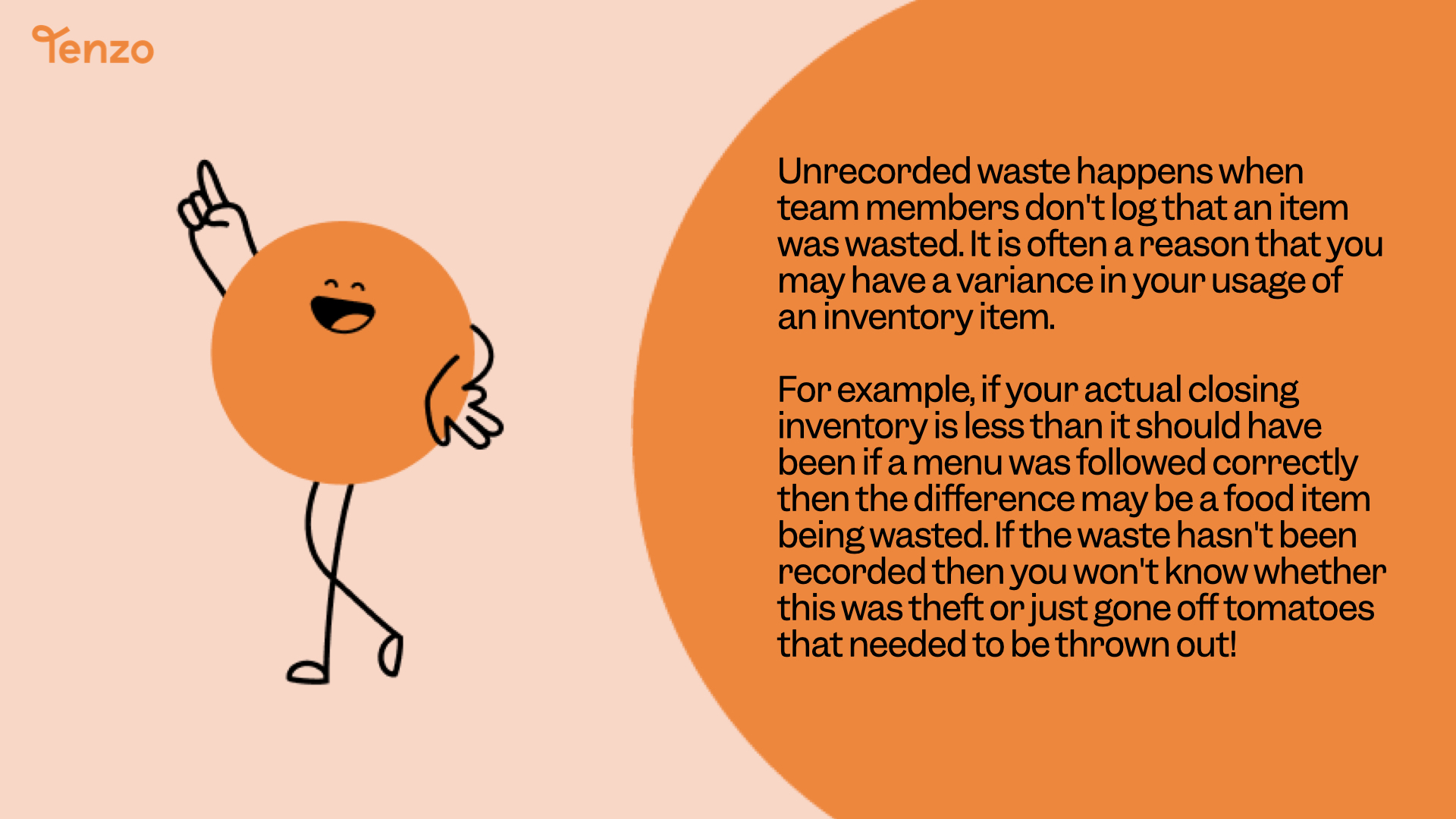Unrecorded Waste: What is it?
Are you curious about the hidden waste in your restaurant?
Unrecorded waste refers to the food and resources that are discarded without being properly accounted for in the restaurant industry.
In this article, we will explore how unrecorded waste is calculated, the problems it can cause, and how to improve food waste management.
What Is Unrecorded Waste?
Unrecorded waste is defined as waste that is not properly documented or accounted for in a restaurant, or business. For restaurants, this mostly includes food waste but it can also be associated with packaging waste and other materials that are discarded without being recorded.
For example, if a restaurant throws away leftover ingredients without recording the items and how much of them there is, that would be considered unrecorded waste. Unrecorded waste is important to consider because it can have a significant impact on a company’s bottom line and sustainability efforts.
How Is It Calculated?
Calculating unrecorded waste in a restaurant environment can be challenging, as it requires careful monitoring and tracking.
One way to calculate unrecorded waste is by conducting regular waste audits. This involves measuring and weighing the waste produced by the restaurant and comparing it to the amount of waste that is recorded. Any discrepancy between the two can be considered unrecorded waste.
Another method is to implement automated reporting systems that track and record waste in real time, making it easier to identify and reduce unrecorded waste. The unrecorded waste is the difference between the inventory closing down check and the wastage/usage.
Problems Associated With Unrecorded Waste
Unrecorded waste can have several negative consequences for restaurants, especially if it goes beyond a certain point.
Financially, unrecorded waste can lead to increased costs. When waste is not properly accounted for, it can result in over-ordering of ingredients and supplies, leading to unnecessary expenses. Unrecorded waste can also reduce profitability as it represents a loss of potential revenue.
From an environmental perspective, unrecorded waste contributes to the overall waste produced by the restaurant industry, which has a significant impact on the environment. By reducing unrecorded waste, restaurants can minimise their environmental footprint and contribute to a more sustainable future.
How To Improve Food Waste Management
One solution to reduce food waste and improve food waste management and unrecorded waste is to implement automated reporting systems. These systems can track and record waste in real time, providing accurate and up-to-date food waste data and information on reducing food waste. By having this data readily available, restaurants can identify the most wasted products and begin implementing strategies towards reducing food waste.
Training staff on waste management practices, the importance of recording waste, and the cost of food waste can help improve accountability and reduce food waste and unrecorded waste.
Other methods to reduce unrecorded wastage in the restaurant industry include implementing portion control measures, conducting regular waste audits, and finding creative ways to repurpose or donate excess food.
Conclusion
In conclusion, addressing unrecorded waste in the restaurant industry is crucial. By understanding what unrecorded waste is, how it is calculated, and the problems associated with it, restaurant owners can take steps to improve their waste management practices.
This not only helps to reduce costs and increase profitability but also contributes to a more sustainable and environmentally friendly operation. So, don’t overlook the importance of addressing unrecorded waste, and reducing food waste, in your restaurant. Start harnessing your food waste data and implement strategies for reducing food waste and maximise restaurant performance today.




